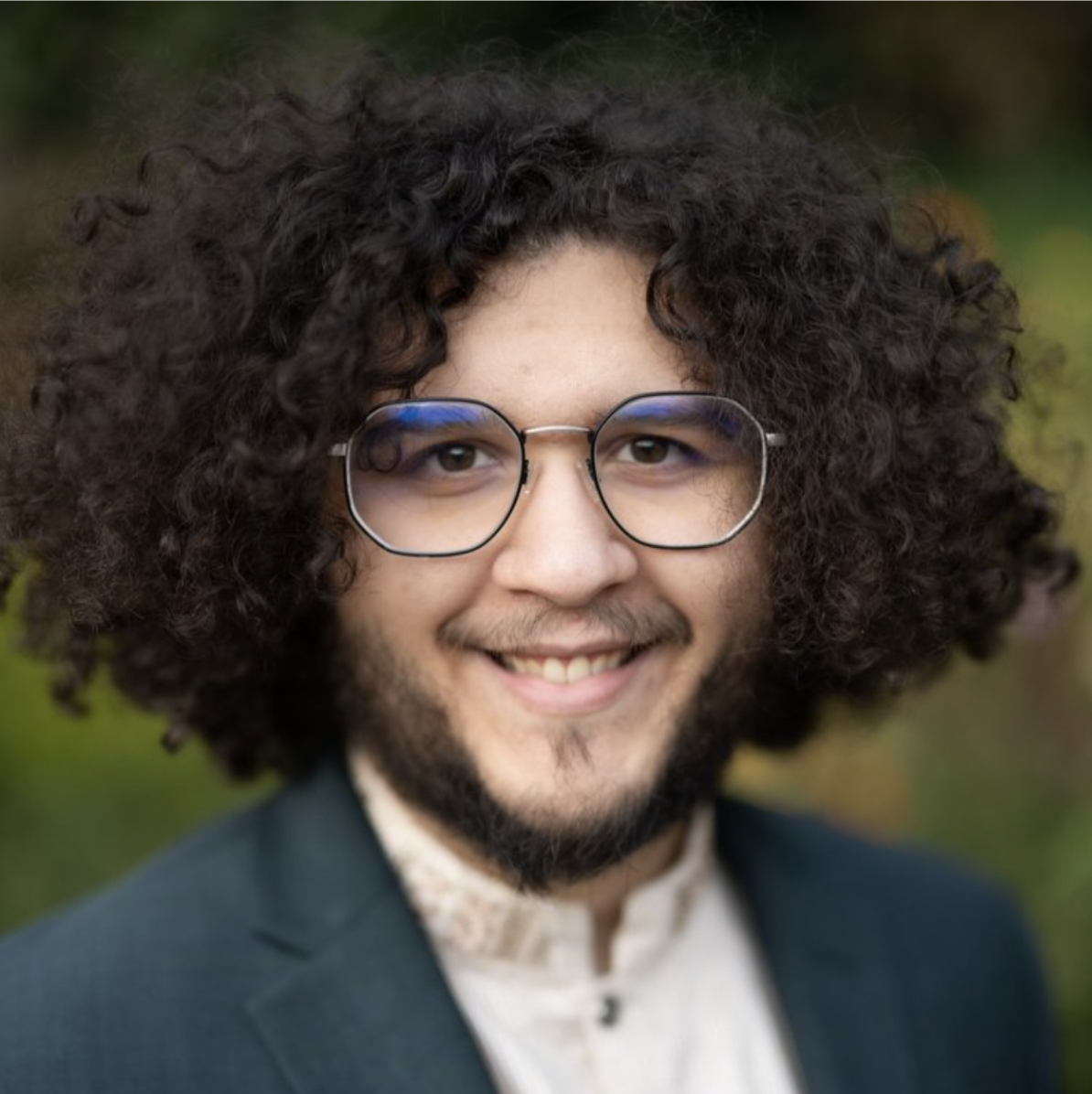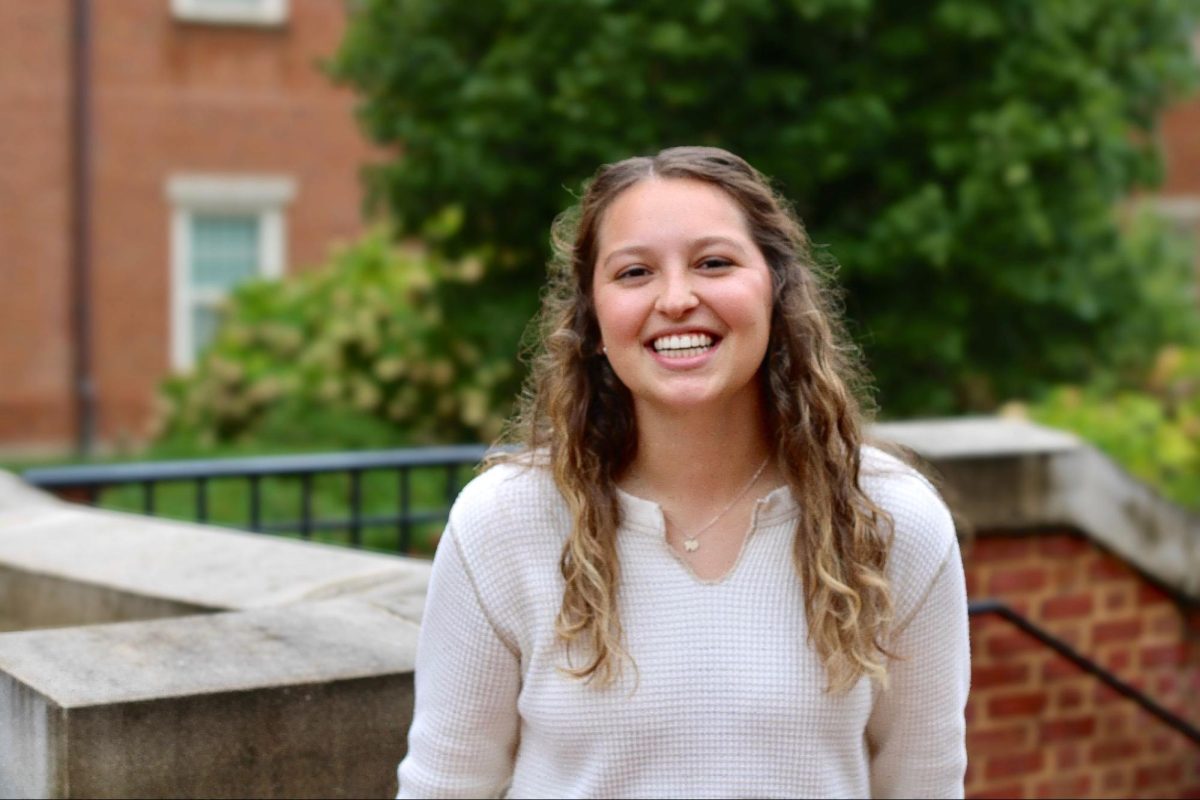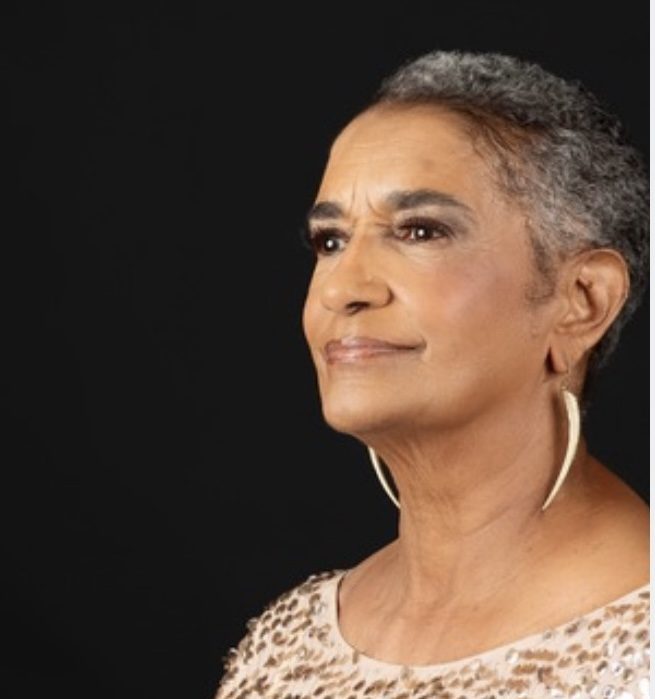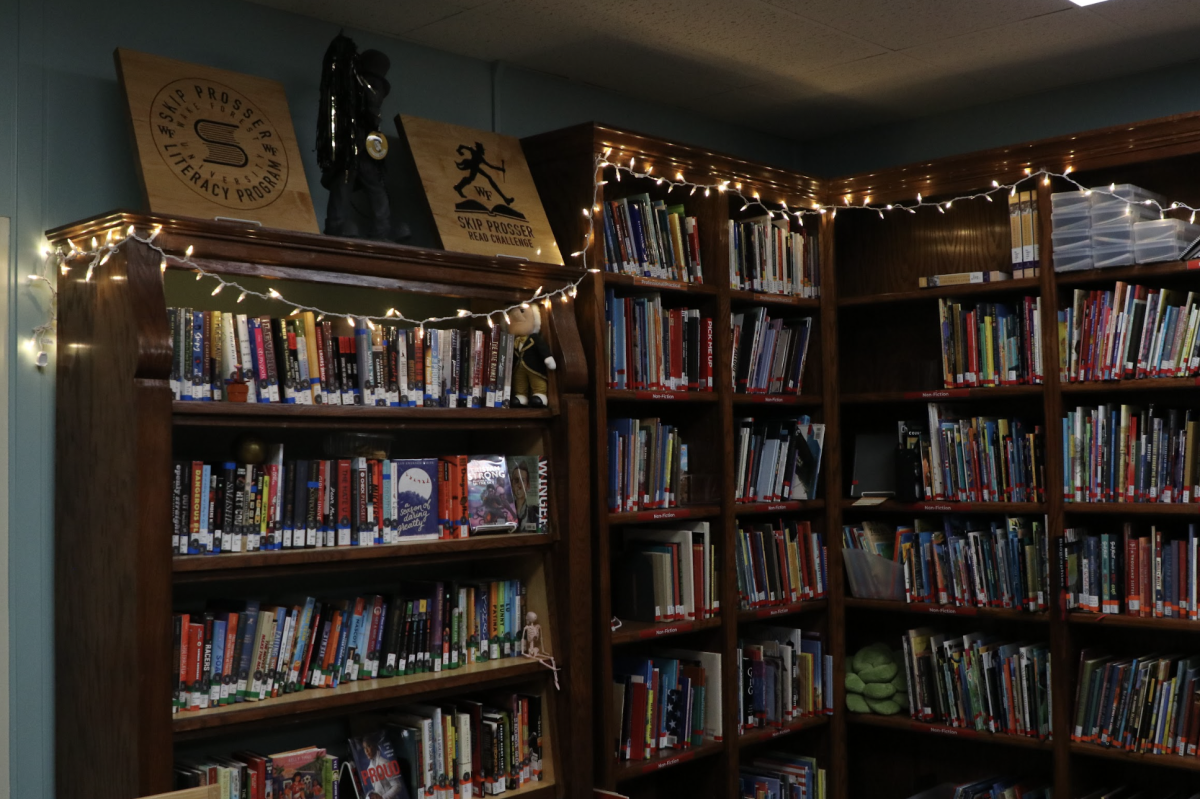Imran Haq is the new Assistant Chaplain for Muslim Life, succeeding the former Assistant Chaplain Naijla Faizi. Haq was formerly an interfaith chaplain at Mary Washington Hospital in Fredericksburg, Va. Haq also worked as a chaplain at the Muslim Third Space, Center DC, in Washington, D.C.
This interview was conducted over email and edited for brevity and clarity.
The Old Gold & Black: First off, tell me a bit about yourself!
Haq: My name is Imran Haq, a name that was actually given to me by my grandparents!
I have been married for one year to my wife Amanda, and we just moved to Winston-Salem only a month ago.
Perhaps an unexpected hobby of mine is that when I was younger I did tournament archery, and I still enjoy it, even if I’m not quite as good.
Tell us about your faith journey: what initially led you on this path and what were your expectations/aspirations?
I was born into a mixed-religious household: my mother was born Catholic, and my father was Muslim. From a young age, I was exposed to both the church and the mosque. For a large part of my life, I was not particularly religious, but after a personal experience in college, I decided to learn more about faith and ended up dedicating myself pretty strongly to Islam!
I personally identify as a Zaydi Shia, which is a minority expression of a minority school of Islam. From the beginning, I think being a chaplain was always something I wanted to do.
How has your Muslim identity shaped who you are as a person?
For me, my Muslim identity has shaped everything about me. My ethics, morals [and] overall worldview was a gift given to me by my faith. In particular, it shaped my care and concern about social justice. In fact, I view chaplaincy as a form of community building and care: connected to both my faith and my care.
How did you move from working at a hospital in Virginia and communities within Washington D.C. to moving to Wake Forest? How were your goals/expectations different in this new setting?
Even in the hospital and the community, I provided care to people and served as an educator and mentor to others. What I discovered was that I very much enjoyed those roles, and I wanted to explore what university chaplaincy could look like.
When I saw that Wake Forest University was looking for a Muslim chaplain, after learning about Wake Forest’s goals of hearing and honoring different voices, I knew I wanted to become a part of that.
As for my expectations, things definitely move slower on a college campus versus a hospital. Especially in the emergency room or ICU, life happens and decisions are made second by second, but I am learning to adapt to a more relaxed pace here!
What would you like students to know about you and the work you do here at Wake Forest?
I would like all students to know that I am here for them as an advocate, support and resource.
As for the Muslim students on campus, whether they are Sunni, Shia, Ahmadiyya, practicing or not, I hope to be someone they can trust and rely on! I hope to create spaces of learning and engagement with Islam for everyone, whether it helps with spiritual development or simply engaging curiosity.










